Omission of the Article:
The article is omitted before-
(1) A Common Noun used in a general sense; as, Man is mortal. Woman is vain.
(2) Proper, Abstract and Material Nouns unless they are used as Common Nouns in a particular or special sense; as,
- Calcutta is the biggest city of India.
- Honesty is the best policy.
- Gold is a precious metal.
(3) Names of continents, countries, cities, towns, months, days, sciences, languages, diseases, games, articles of food, etc; as, Europe, Japan, London, Jammu, March, Sunday, Painting, Physics, Hindustani, fever, cricket, meat, wine, tea.
Exceptions- He is suffering from the measle (or the mumps). I have a headache today.
(4) Nouns preceded by ‘kind of’, ‘sort of’, ‘type of’; as,
- What kind of flower is it?
- What type of man is he?
(5) Plural Nouns used in a general sense; as,
- Dogs (Horses) are faithful animals.
- Philosophers love loneliness.
(6) Common Nouns used as nominatives of address; as listen to me, boy.
(7) Common Nouns used in pairs; as
- Both husband and wife live happily.
- Both King and queen left for mountains.
(8) Nouns used as complements; as,
- He was made king.
- I was appointed captain.
(9) Titles used in apposition to Proper Nouns; as,
- Edward, King of England.
- Mary Queen of Scots.
(10) Names indicating rank, occupation, station etc; as, Inspector Nissar; King George; Dewan Bahadur Ramaswami.
(11) Names of single mountains and islands, capes and lakes; as Kanchanjunga, Ceylon, Cape of Good Hope, Lake Dal.
(12) Names of familiar persons; as Father gave me a piece of advice. Mother loves me.
(13) Nouns in some idiomatic phrases; as,
(I) (a) See that the house does not catch fire.
(b) Please give ear to what I say.
(c) In the dark I lost sight of him.
(d) Do not lose patience.
(e) The ship set sail two days ago.
(f) You should take heart and start your work.
(g) I cannot make head or tail of your writing.
(II) (a) He came by air (or by water, by land, by bus, by train).
(b) He came on foot. He was wet from head to foot.
(c) My hair stood on end.
(d) He is in debt.
(e) I will not be at home tomorrow.
(f) You have lot of work in hand.
(g) I said this in jest ( or in fun).
(h) We sleep by night and work by day.
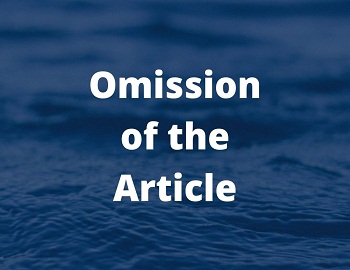
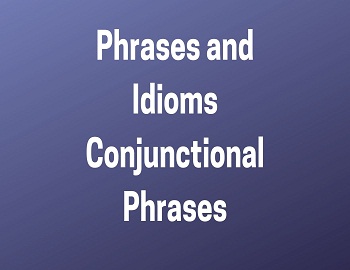
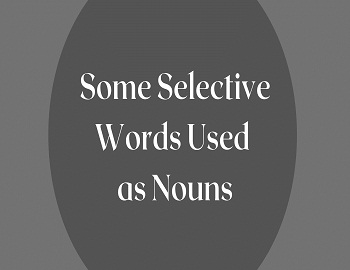
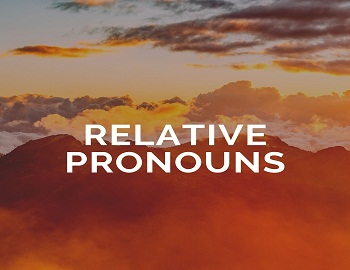
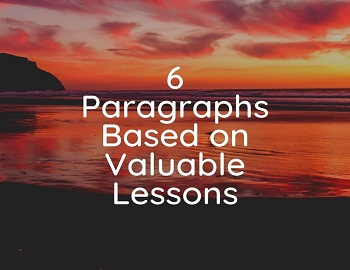
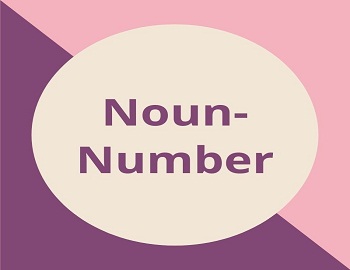
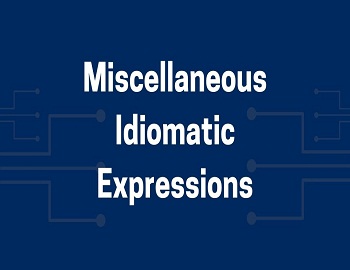
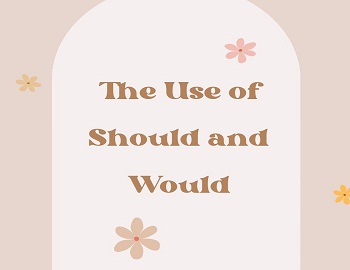
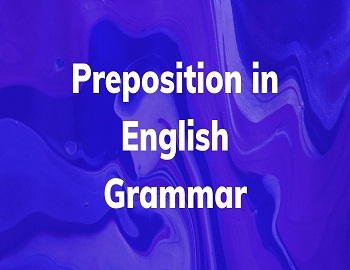
Comments (No)